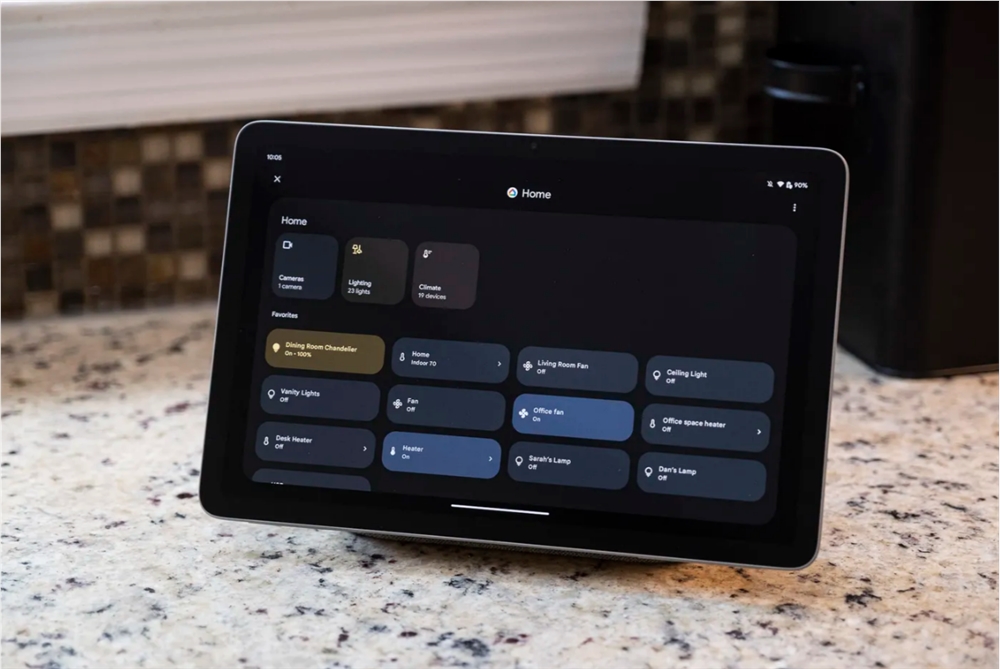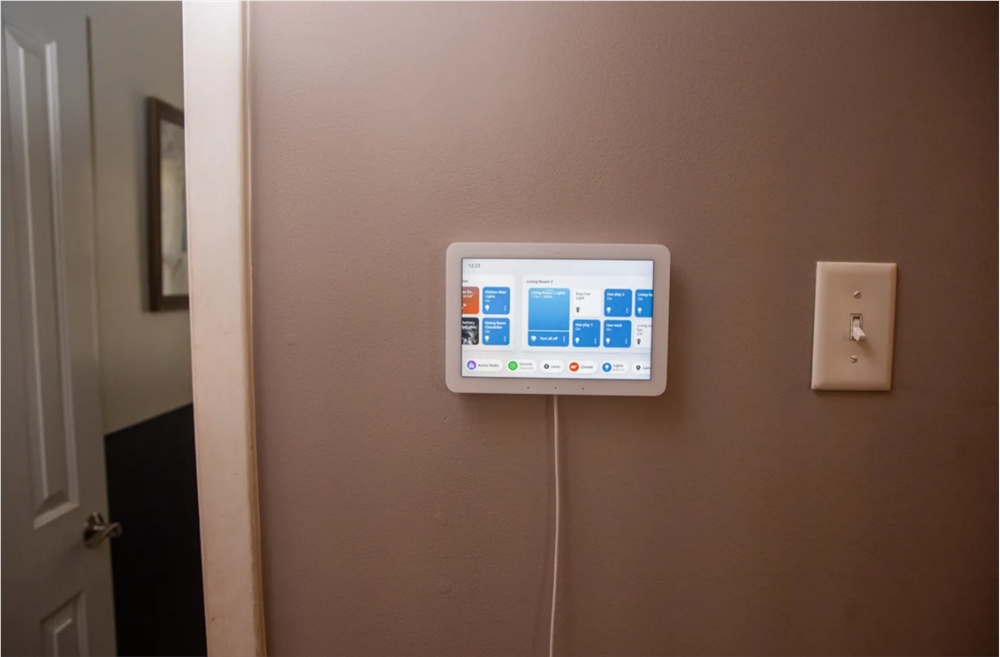The editor of Downcodes has learned that Apple plans to launch a new device called "AI Wall Tablet" next year, aiming to simplify the complex smart home interface. This new product called HomePad will become the core of the Apple Home platform, providing a more intuitive and efficient smart home control experience and solving current pain points such as cumbersome operation of smart home devices and unfriendly interfaces. It will integrate the control of lights, locks, security systems, cameras and other devices, striving to bring users a convenient home automation experience. This move heralds a major strategic adjustment for Apple in the smart home field, and its success will have a profound impact on the entire smart home market.
Apple plans to launch a new device called the "AI Wall Tablet" next year with the goal of solving the complexity of smart home interfaces. The new product will become the core of the Apple Home platform, with the ability to control smart devices such as lights, locks, security systems and cameras, striving to bring a more intuitive and efficient operating experience to home automation.
Although the smart home market continues to grow, the complexity of existing devices remains a pain point for users. Although many smart displays, such as the Echo Show and Nest Hub, feature voice control and touch screens, the operating experience is still unsatisfactory, especially when controlling smart home devices. These devices often suffer from cumbersome setup, unfriendly interfaces, and inaccurate voice assistant responses, causing many users to give up and use traditional wall switches instead.

According to reports, Apple's "AI wall tablet" HomePad will adopt a six-inch square design and can be installed on the wall or connected to speakers. It will have built-in security cameras and sensors and support dual touch and voice control. The design of HomePad will be centered on an intuitive and simple user interface, integrating elements of iPhone and watchOS, and using the new homeOS system code-named Pebble. Not only can users control the device via voice, but they can also easily adjust settings via the touch screen.
This device will likely face the same challenges as existing smart displays, but Apple's advantage lies in its mature HomeKit framework and local control technology, which means that HomePad will be able to seamlessly connect and control smart devices in the home without relying on Cloud services. This advantage will make it stand out from the competition.

Despite Apple's innovations in hardware and interfaces, its voice assistant Siri remains an area in desperate need of improvement. Currently, Siri's voice recognition capabilities and smart home control capabilities are far inferior to competitors Alexa and Google Assistant. To bridge this gap, Apple is developing a more powerful Siri based on large language models (LLM), which is expected to be launched in 2026. If Siri can have stronger contextual understanding capabilities and can make intelligent responses based on context (for example, "Siri, I'm cold" to automatically adjust the temperature), it will greatly improve the user experience.
The key to the success of Apple's "AI wall tablet" HomePad lies in whether it can solve the shortcomings of Siri and truly bring users a convenient smart home experience. The launch of HomePad is worth looking forward to, and it also indicates that competition in the smart home market will become more intense. Let's wait and see.